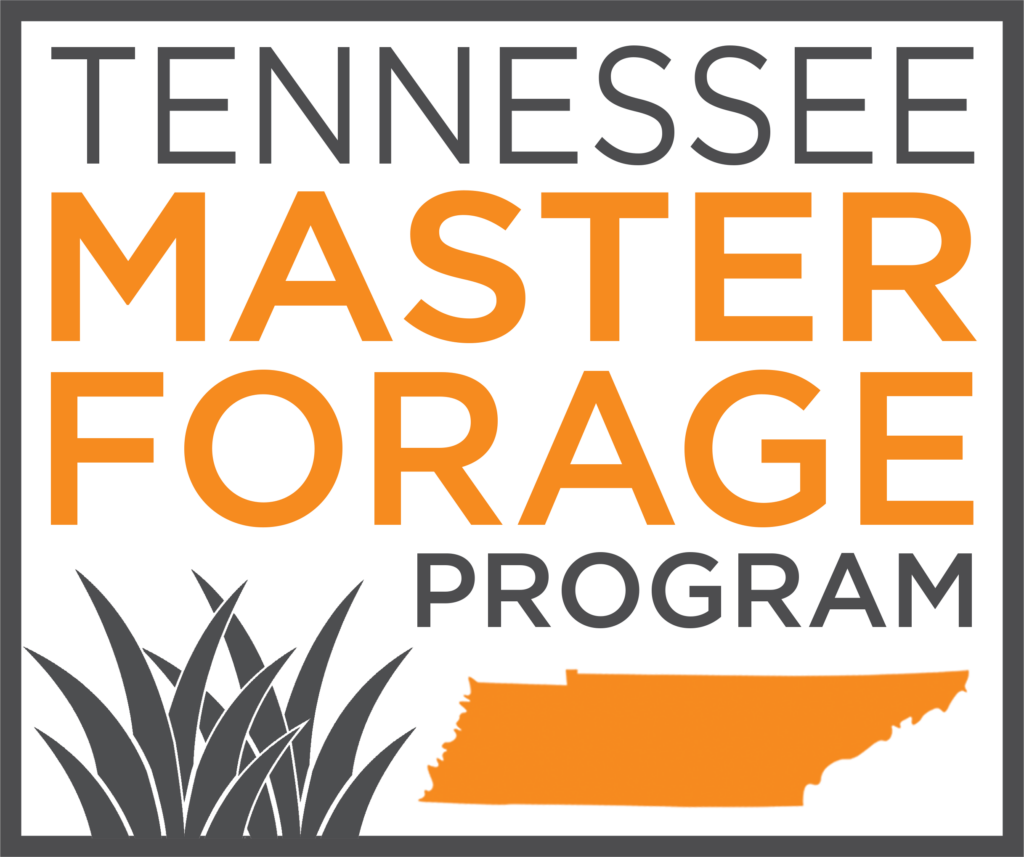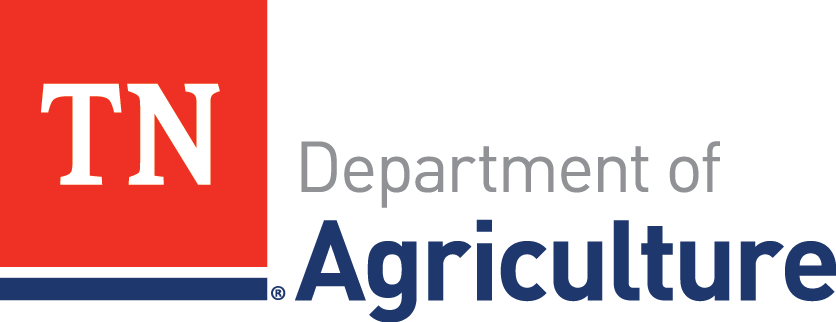
The Tennessee Master Forage Program offers an in-depth exploration of forage-livestock systems while focusing on the soil, plants, and animal interactions. Through a practical approach participants will learn from the basics to the most recent advanced practices to improve productivity and sustainability. The course features guest lectures from leading experts who will share insights across different regions, innovative practices, and solutions for our Tennessee producers and beyond.
For questions specific to program registration and requirements, please reach out to: forage@tennessee.edu
Registration Information
Registration Fee: $125 (non-refundable). The program must be completed within one year. Certification remains valid for 3 years and qualifies producers for the Tennessee Agriculture Enhancement Program (TAEP) cost-share program. Producers must register online, or with their local UT Extension office.
Option 1 (100% Online): Participants must complete 12 credits of online modules delivered asynchronously enabling self-paced learning. All modules must be finished within the 1-year program period.
Option 2 (Hybrid with 75% Online and 25% In-Person): Participants must complete 9 credits of online modules delivered asynchronously, enabling self-paced learning. All modules must be completed within the 1-year enrollment period. A Q&A feature will be available through the platform, and monthly meetings will be scheduled to address questions. This option includes a 3-credit in-person component, requiring attendance at one qualifying event. These must be completed within the enrollment period of one year.
Please allow at least 72 hours for your registration to be processed. You will receive an email with instructions on how to complete the program topic modules.
Program Topics
Master Forage Tours and Qualifying Events
For participants in Option 2, The $125 program fee covers this component. Dr. Pedreira, UT Extension Forage Specialist, will lead Forage Tours in the spring and fall across various parts of Tennessee. These will feature farm visits with hands-on activities such as pasture walks, demonstrations, and discussions.
2026 Event flyers and RSVP links are listed below.
February 17, 2026 ![]() Clay County Master Forage Tour
Clay County Master Forage Tour![]() RSVP
RSVP
February 23, 2026 ![]() Sumner County Master Forage Tour
Sumner County Master Forage Tour ![]() RSVP
RSVP
March 3, 2026 ![]() Tennessee Forage & Grassland Council Spring Meeting
Tennessee Forage & Grassland Council Spring Meeting![]() RSVP
RSVP
March 4, 2026 ![]() Bedford County Master Forage Tour
Bedford County Master Forage Tour ![]() RSVP
RSVP
March 9, 2026 ![]() Dickson & Hickman Counties Master Forage Tour
Dickson & Hickman Counties Master Forage Tour![]() RSVP
RSVP
March 19, 2026 ![]() Bradley & Polk Counties Master Forage Tour
Bradley & Polk Counties Master Forage Tour![]() RSVP
RSVP
March 24, 2026 ![]() Roane County Master Forage Tour
Roane County Master Forage Tour![]() RSVP
RSVP
March 26, 2026 ![]() Knox County Master Forage Tour
Knox County Master Forage Tour![]() RSVP
RSVP
May 5, 2026 ![]() Rhea County Master Forage Tour
Rhea County Master Forage Tour ![]() RSVP
RSVP
May 7, 2026 ![]() Johnson County Master Forage Tour
Johnson County Master Forage Tour![]() RSVP
RSVP
May 18, 2026 ![]() Lawrence County Master Forage Tour
Lawrence County Master Forage Tour![]() RSVP
RSVP
May 21, 2026 ![]() Washington County Master Forage Tour
Washington County Master Forage Tour![]() RSVP
RSVP
June 18, 2026 ![]() Forage Field Day at the Northeast Tennessee AgResearch & Education Center- Greene County
Forage Field Day at the Northeast Tennessee AgResearch & Education Center- Greene County![]() RSVP
RSVP
September 28, 2026 ![]() Dickson County Master Forage Tour
Dickson County Master Forage Tour ![]() RSVP
RSVP
November 6, 2026 ![]() Tennessee Forage & Grassland Council Annual Meeting
Tennessee Forage & Grassland Council Annual Meeting![]() RSVP
RSVP
For more information about this program, please contact your local county Extension office.
Our Partners

 Tennessee Department of Agriculture
Tennessee Department of Agriculture